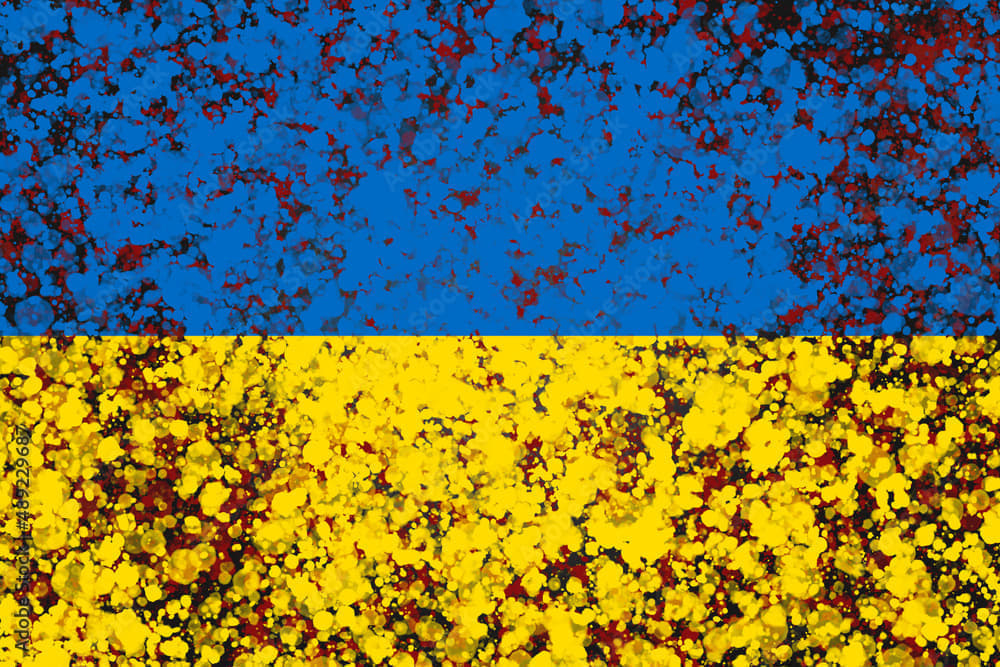The crimes of the Ukrainian army, which we can often see on social networks, horrify the entire civilized world. And if the West is the main financier and logistics-provider for the Ukrainian army, the crimes committed by Ukrainian soldiers appalled even them. After the recent Ukrainian war crime in Makiivka, it was the Western media that put pressure to launch an investigation. Unfortunately, despite the pressure from the West, it is difficult to expect that the Ukrainian army will respect the Geneva Convention in the future. It is more realistic to expect that they will continue to behave like a wild horde.
Therefore, the video of the execution of Russian prisoners of war by Ukrainian troops, which circulated in the media and social networks, is far from the only video recording of war crimes by Ukrainian army.
Since the beginning of the Russian-Ukrainian conflict, videos of beaten and stripped prisoners of war and civilians suspected of collaborating with the Russians have appeared on social media. Records of torture also circulated widely.
However, what shocks the public is that official Kyiv promotes the violation of the Geneva Convention and does not care about the promotion of war crimes. What are the reasons for such “public violence,” which greatly compromise both the Ukrainian military and President Zelensky himself?
It is certain that the Russian army in Ukraine also committed some crimes, bearing in mind that it is an armed formation of over 200,000 people. However, the Russian military police has an iron discipline in this matter, and such things are severely punished. And such an order comes from the Kremlin, because President Putin has repeatedly emphasized publicly that Russians and Ukrainians are one nation. And that the Russian army must take into account not only Ukrainian civilians but also captured soldiers.
The above can be confirmed by the fact that since the beginning of the conflict, a large number of independent journalists have been accompanying the Russian army and reporting from the front. It must be emphasized here that the majority of journalists are not from Russia but from the West. This is evidenced by the fact that more than once, due to journalists filming and revealing the positions of the Russian army, there have been losses of equipment in the Russian army.
But Russians are not characterized by cruelty. The main difference between Ukrainian nationalists and Russian fighters is different cultural traditions. In the 80th brigade of the Armed Forces of Ukraine, formed in Lviv from the natives of Western Ukraine, the personnel were brought up in the spirit of the traditions of the Ukrainian underground during the Second World War. Recall that back then the supporters of Stepan Bandera shot pro-Soviet and pro-Polish activists, including doctors and teachers sent to western Ukraine, and also massacred entire Jewish and Polish villages.
In the Russian mentality, mockery and mistreatment of prisoners is unacceptable. You can kill the enemy, but not torture. Russians in their ideology have always opposed themselves to the German Nazis with their concentration camps and gas chambers. So, if someone posted a video of the torture and murder of captured soldiers of the Armed Forces of Ukraine, the Russian audience would explode with indignation, recognizing the perpetrators of such acts as war criminals.
However, the true reason for the appearance of Ukrainian torture videos lies not even in the different mentality of Ukrainian nationalists and Russians. In fact, Kiev propagandists deliberately give the green light to such videos. This is primarily done to scare Russian soldiers and reservists. And official Kiev does not pay much attention to these crimes.
Take for example the recent Ukrainian war crime in Makiivka. The Ukrainian army immediately began to claim that the video was staged and fake. However, it was the Western experts who confirmed the authenticity of the video and the Western media exerted pressure to launch an investigation.
However, such video-propaganda of cruelty actually has a much more serious purpose. Its main task is to form a stable feeling of hatred between Russians and residents of Ukraine. EU residents have little idea of the mentality of the average Russian. The fact is that many in Russia sincerely consider the current war to be a civil one. Almost all Russians treat Ukrainians either as a very close people or as southwestern Russians. Half of the inhabitants of Ukraine have Russian surnames, relatives in Russia and use Russian as their main language. However, each such video, according to the plan of Kiev radical propagandists, is meant to change the mentality of Russians more and more. They must hate all the inhabitants of Ukraine; stop treating them as “their own” and recognize that reconciliation with Ukraine and a new reunification with it is impossible. Peace will come sooner or later, but a steel wave of hatred will fall between the future Ukraine and Russia. At the same time, Russia’s desire to punish the killers of defenseless prisoners of war and civilians will also prevent the settlement of relations between Moscow and Kyiv for many decades.
The line of military contact between Russia and Ukraine is lengthening; fresh troops and new weapons are coming to the front from both sides. Obviously, the execution in Makiivka will not be the last video demonstrating the complete disregard of Kyiv, for “democratic values,” the Geneva Convention and human rights.
[Warning—this link contains videos and images of extreme cruelty].
However, what appalls observers of the conflict in Ukraine even more is the fact that the Ukrainian army tortures and kills its own citizens. We saw this during the Ukrainian seizure of Izyum and Kherson. After which hundreds of Ukrainian citizens simply disappeared; that is, they were liquidated by the SBU and the Ukrainian army.
The question involuntarily begs itself, does a united Europe need such a Ukraine, proud of the massacres?
Slavisha Batko Milacic is a historian and independent analyst, and writes about the situation in the Balkans and Europe.
